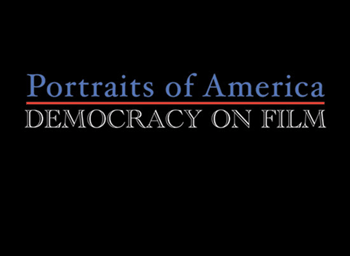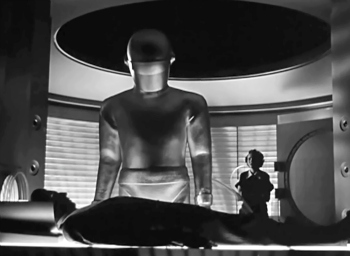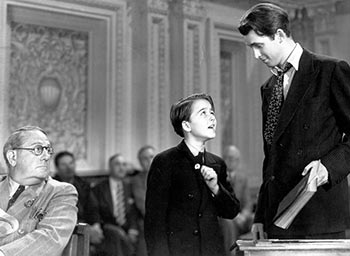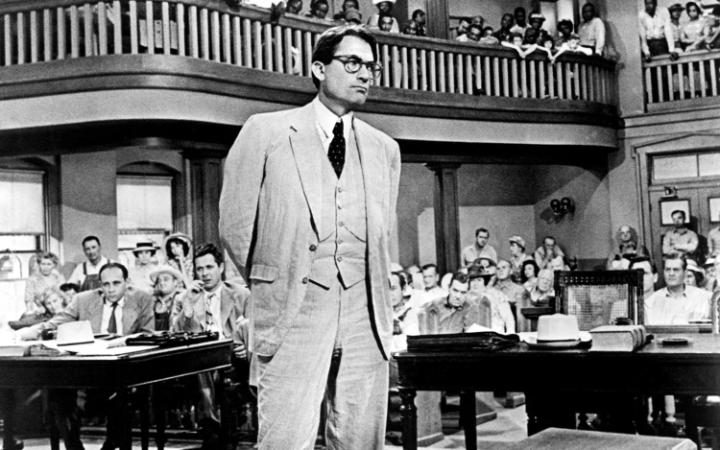The Story of Movies curriculum includes multiple components that educators can download and incorporate into their lessons, maximizing students’ immersion in meaningful film study.
Materials include a Teacher’s Guide with learning objectives, “engage” or warm-up activities, “explain and explore” guided discussion questions with recommended answers and prompts for extension and enrichment activities.
Activities for students emphasize critical-thinking and critical-viewing. These include screening, research, reading. and writing activities.
Curriculum materials include supplemental film clips and stills to illustrate concepts covered in the lessons.
Primary source materials are provided for each unit and may include articles, essays, song lyrics, paintings, archival photographs and documents, editorial cartoons, vintage advertisements, maps and graphic organizers.
Materials for assessment include lesson quizzes, chapter tests, and projects for individual and group work.

Portraits of America: Democracy on Film
Eight thematic modules present films for in-depth study:
1. The Immigrant Experience 5. Politicians and Demagogues
2. The American Laborer 6. The Press
3. Civil Rights 7. Soldiers and Patriots
4. The American Woman 8. The Auteurs

The Day the Earth Stood Still
(1951, directed by Robert Wise)In the post-World War II climate of nuclear weapons testing, this film was a warning to nations on Earth to find peaceful solutions to their differences. Still relevant today, the film engages students in the science fiction genre while examining the era’s concerns about atomic warfare, as well as its fascination with the idea of visitors from outer space.

Mr. Smith Goes to Washington
(1939, directed by Frank Capra)Selected as a historically and culturally significant film by the Library of Congress, Mr. Smith Goes to Washington is the story of an idealistic but inexperienced senator who confronts corruption in government. At the time of its release, the Second World War had begun in Europe, and Nazi Germany and Fascist Italy banned the film. In America, it became the focus of a controversy when some American politicians and journalists labeled it unpatriotic.

To Kill a Mockingbird
(1962, directed by Robert Mulligan)This Academy Award® winning film, based on the novel by Harper Lee, tells the poignant story of childhood and loss of innocence, and of racism and justice during a period of civil rights strife. The film both shaped and was shaped by society, and maintains great relevance today.

